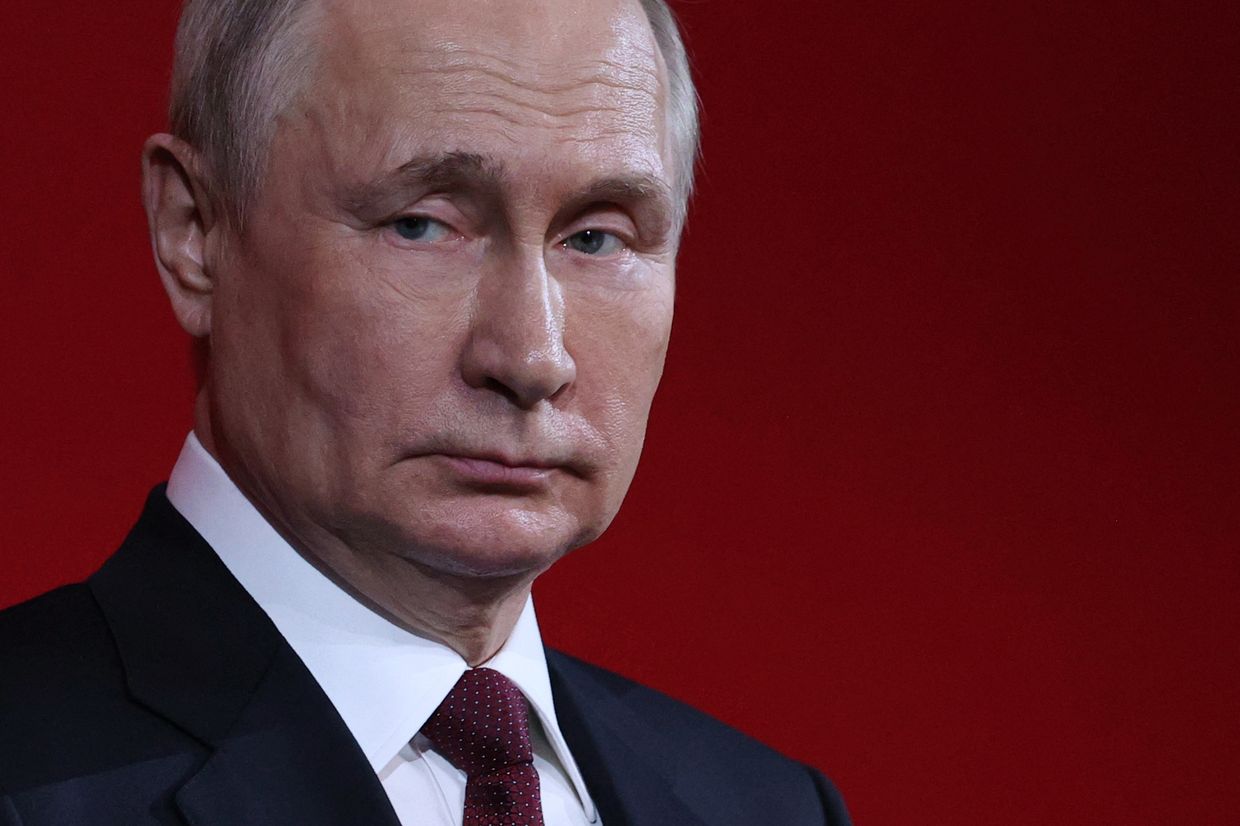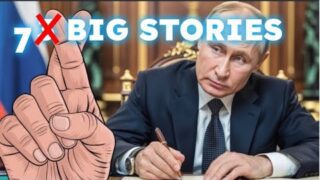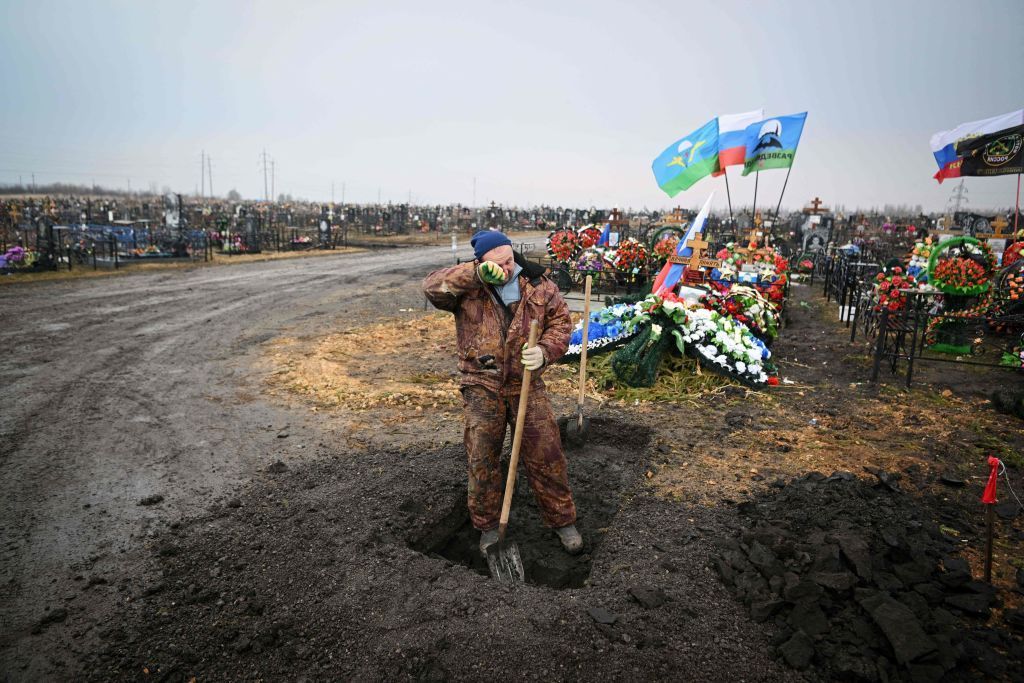
Ukraine war latest: Russian envoy dismisses Trump’s reported peace deal; Over 50,000 Russians seek soldiers MIA
Key developments on Jan. 3:
- Over 50,000 Russians seek MIA through Ukraine’s project, representative says
- 'Nothing interesting' — Russian envoy dismisses Trump’s reported peace deal proposals on Ukraine
- Germany should not rule out peacekeeping mission in Ukraine, CDU lawmaker says
- 'We would violate Ukrainian legislation on behalf of Putin' — Zelensky again rejects elections under martial law
- Ukraine investigating French-trained brigade after reports of desertions, mismanagement
- Number of Ukrainians open to territorial concessions rises to 38%, poll shows
More than 50,000 inquiries have been submitted by Russians seeking missing soldiers through Ukraine’s "I Want to Find" project, Bohdan Okhrimenko, head of the Coordination Center Secretariat, said in an interview with ArmyInform on Jan. 3.
"These numbers only reflect those unafraid to contact us," Okhrimenko said, adding that there actual number of Russian soldiers missing in action can be much higher.
Initially part of the "I Want to Live" hotline — launched in September 2022 by Ukraine's military intelligence (HUR) to help Russian soldiers surrender — the separate "I Want to Find" project was created to handle inquiries from Russian families about missing soldiers.
Okhrimenko criticized Russia’s lack of effort in recovering or identifying the missing, saying, "Many remain scattered in Ukrainian fields, their remains carried by stray animals. Russia shows no interest in identifying them."
Earlier, Russian Deputy Defense Minister Anna Tsivilyova disclosed on Nov. 26 that her ministry received 48,000 DNA test applications from relatives seeking information about missing soldiers.
Speaking at a Duma roundtable, Tsivilyova revealed that relatives' DNA data had been collected and stored in a database, inadvertently providing a rare glimpse into the scale of troops missing in action.
Andrei Kartapolov, head of the State Duma's defense committee, warned against publicizing such figures, saying, "This is sensitive information. When we finalize the documents, we must ensure these figures do not appear publicly."
The General Staff of Ukraine's Armed Forces reported on Jan. 3 that Russia has lost 793,250 troops since the beginning of its full-scale invasion on Feb. 24, 2022.


'Nothing of interest' — Russian envoy dismisses Trump’s reported peace deal proposals on Ukraine
U.S. President-elect Donald Trump's team has not presented anything "interesting" to Moscow regarding ending the war in Ukraine, Russia's envoy to the U.N., Vasily Nebenzya, said on Jan. 3.
Earlier reports from the Wall Street Journal indicated that Trump’s team is considering a plan to delay Ukraine’s NATO membership by at least 20 years in exchange for continued Western arms supplies and the deployment of European peacekeepers to monitor a ceasefire.
Nebenzya dismissed these ideas as "unformed, vague signals" and reiterated Moscow’s position against freezing the conflict.
"President (Vladimir) Putin last outlined our conditions for ending the conflict on Dec. 19. So far, nothing from the incoming U.S. administration suggests anything of interest to us," Nebenzya said.
Russian Foreign Minister Sergey Lavrov expressed dissatisfaction with Trump’s reported peace deal proposals on Dec. 29, saying that Moscow rejects any plan that fails to meet its demands.
Despite Trump’s claims of achieving peace "within 24 hours," his team has yet to provide an official roadmap for ending the war.
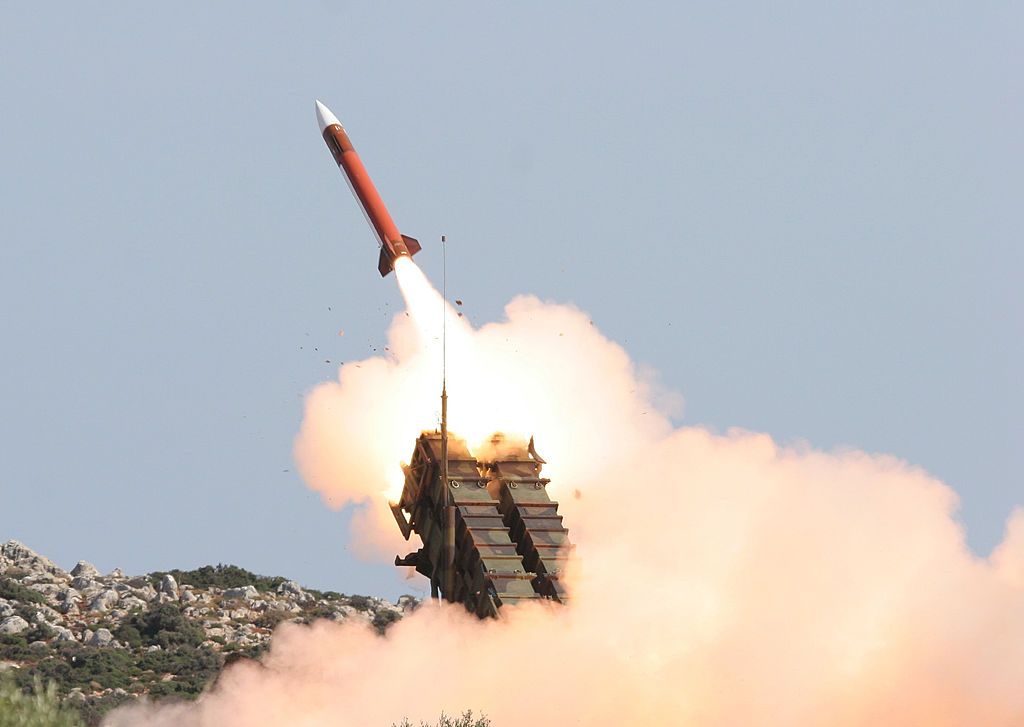

Germany should not rule out peacekeeping mission in Ukraine, CDU lawmaker says
Germany should not rule out deploying Bundeswehr troops to Ukraine after the war ends, Roderich Kiesewetter, a lawmaker from the opposition Christian Democratic Union (CDU), said on Jan. 3.
Kiesewetter's remarks come amid reports that the U.K. and France are considering sending troops to monitor a potential ceasefire in Ukraine. Proposals for European states to deploy millitry personnel to Ukraine are reportedly included in U.S. President-elect Donald Trump's peace plan.
Kiesewetter argued that as Europe’s largest economy, Germany has a responsibility to contribute significantly to European security and peacekeeping efforts.
He said that Germany must be ready to intervene in Ukraine "at the appropriate time with well-equipped troops" and warned against dismissing such a possibility.
Kiesewetter noted that any German peacekeeping involvement would need to occur under joint EU and NATO frameworks to ensure operational effectiveness and align with existing European security structures.
"A peacekeeping force is effective and realistic if integrated into NATO, as the nuclear umbrella would extend to Ukraine," he said.
Friedrich Merz, the CDU/CSU alliance's chancellor candidate, said on Dec. 28 that Germany could join a peacekeeping mission in Ukraine but only with Russia’s consent.
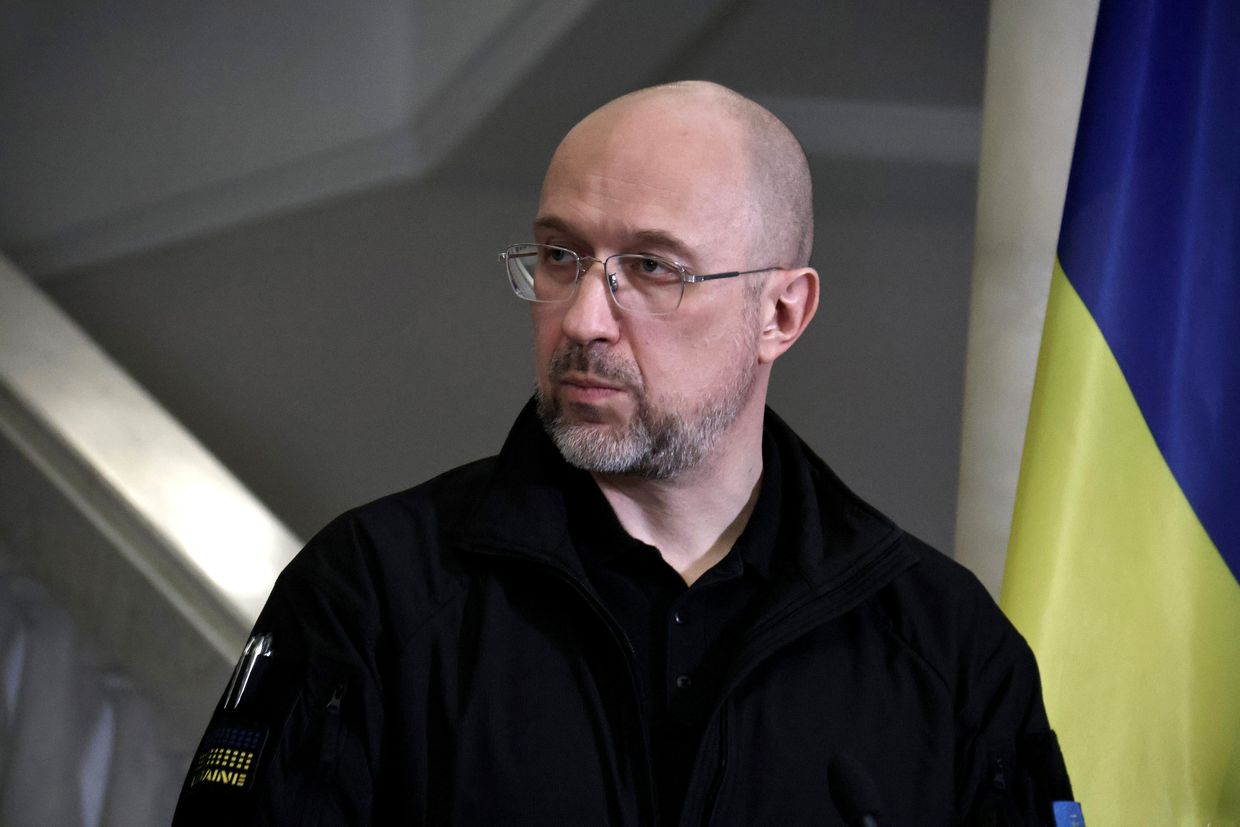

Zelensky rejects elections under martial law
Ukraine will not hold elections under martial law even if Russia puts it forward as one of the pre-conditions for negotiations, President Volodymyr Zelensky said in an interview on Ukrainian television released on Jan. 2.
Ukraine was scheduled to hold a presidential election in March or April 2024, concluding Zelensky's first five-year term. The vote was postponed as the country's constitution does not permit elections under martial law, which was declared on Feb. 24, 2022, at the onset of Russia's all-out invasion.
Russian President Vladimir Putin sought to use the delay to portray Zelensky as "illegitimate," saying that the authority should pass to Parliament Speaker Ruslan Stefanchuk, a claim rejected by Kyiv as a distortion of the constitution.
In the interview, Zelensky reiterated that presidential and parliamentary elections are not possible under martial law and that the elected officials continue to legally perform their duties until the next vote.
After Ukraine manages to end the hot stage of the war, maintains a strong army, and secures powerful security guarantees, martial law can be lifted, and the parliament can set a date for the elections, the president said.
"After martial law ends, there is no need to wait years for the elections," Zelensky added.
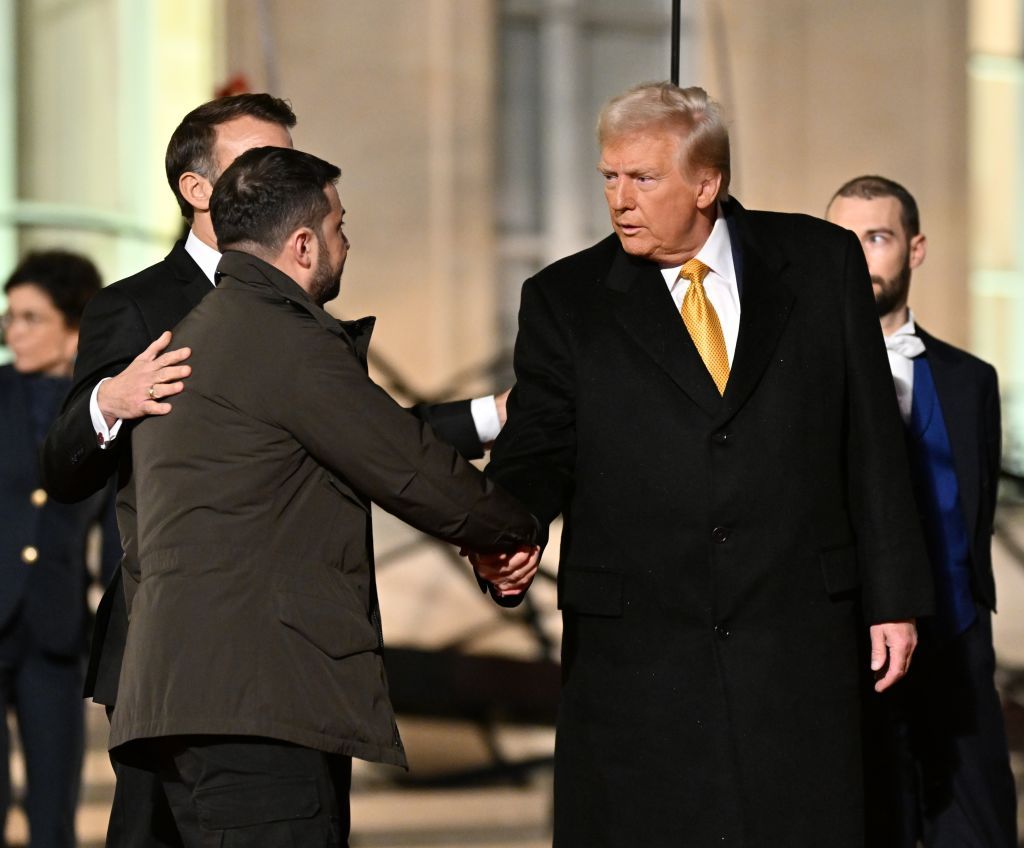

Ukraine investigating French-trained brigade after reports of desertions, mismanagement
Ukraine's State Bureau of Investigation has launched a probe into suspected desertion and abuse of authority in the French-trained 155th "Anne of Kyiv" Mechanized Brigade, the bureau confirmed to Suspilne on Jan. 2.
The statement comes following a media investigation that claimed that soldiers of the unit, now deployed near Pokrovsk, have suffered losses and went AWOL (absent without leave) in large numbers due to poor command and organization on Ukraine's side.
The brigade is a flagship project under which Kyiv's partners will help train new Ukrainian military formations and provide heavy equipment. The training of the 155th Brigade, named after an 11th-century Kyiv princess and spouse to French King Henry I, was announced by French President Emmanuel Macron in June.
The unit has about 5,800 troops, fewer than 2,000 of whom have undergone training in France. It is armed with French AMX10 armored vehicles, Caesar howitzers, and German Leopard 2A4 tanks, among other weapons.
France fulfilled its obligations regarding training and arms, said Yurii Butusov, the chief editor of the Censor.net outlet, in the media investigation, putting the blame for the unit's problems on top Ukrainian military and political leadership.
According to the journalist, the unit's founding was an "organizational chaos" since the very beginning. Even before the training in France began, 2,500 service members were reportedly sent to other units, thus removing many of the most qualified personnel from the brigade.
Of the 1,924 soldiers eventually sent to France, only 51 had more than a year of military service, while 1,414 had served for less than two months, Butusov wrote.
The unit was also plagued by large numbers of soldiers going AWOL — about 50 deserted in France, in addition to hundreds who left their posts even before the unit was deployed at the front, according to the journalist.
The Kyiv Independent could not verify the claims.
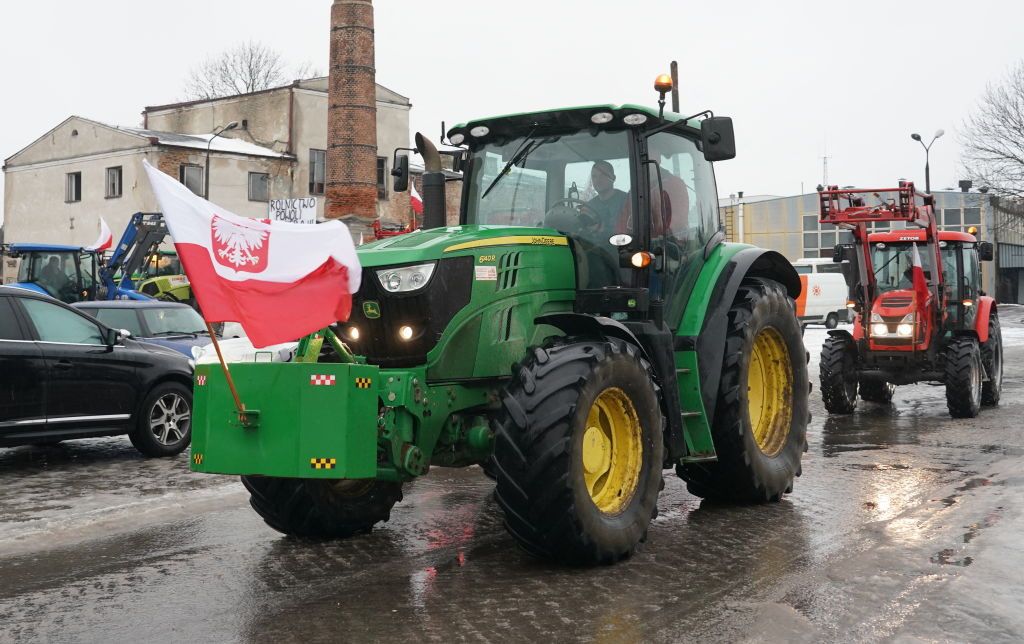

Around 38% of Ukrainians open to territorial concessions, poll shows
Around 38% of Ukrainians are open to conceding some of the territories while preserving independence in order to end the war with Russia as fast as possible, according to the Kyiv International Institute of Sociology (KIIS) survey published on Jan. 3.
The poll comes amid growing expectations of possible peace talks in 2025 as U.S. President-elect Donald Trump has pledged to bring Ukraine and Russia to the negotiating table.
The responses, collected between Dec. 2 and 17, 2024, show a moderate increase since October, when 32% of the respondents were willing to compromise on territorial integrity for a faster peace deal.
Only 19% agreed with the statement in December 2023 and 8% in December 2022, making the December 2024 figures the highest since the KIIS began the measurements in May 2022.
The all-out war, which will mark its third anniversary in less than two months, has put a massive strain on the Ukrainian state, society, and the military, while the Russian offensive has picked up pace in recent months.
Comparatively, 51% of respondents in December 2024 said that Ukraine should not give up any of its territories "under no circumstances… even if this would prolong the war and threaten the preservation of independence."
This is a drop from 58% in October 2024, 74% in December 2023, and 85% in December 2022.
The question did not specify which territories could be given up nor whether they should be officially recognized as Russian territory or "merely" remain temporarily under Russian occupation. The survey involved 2,000 respondents across Ukraine-controlled territories who were interviewed via phone.
